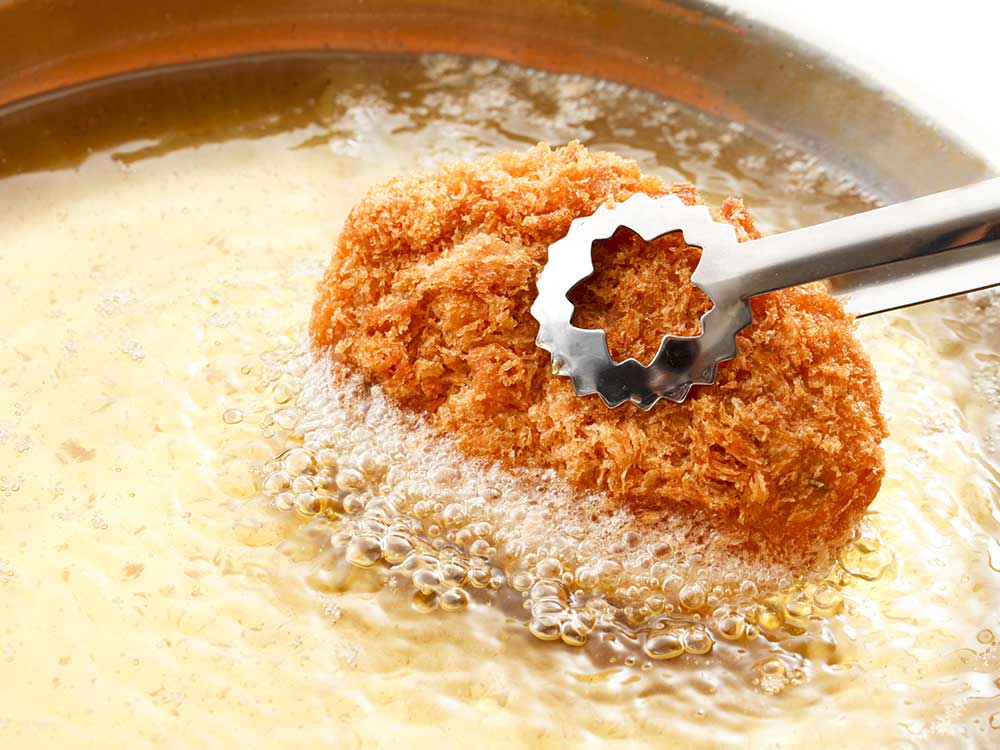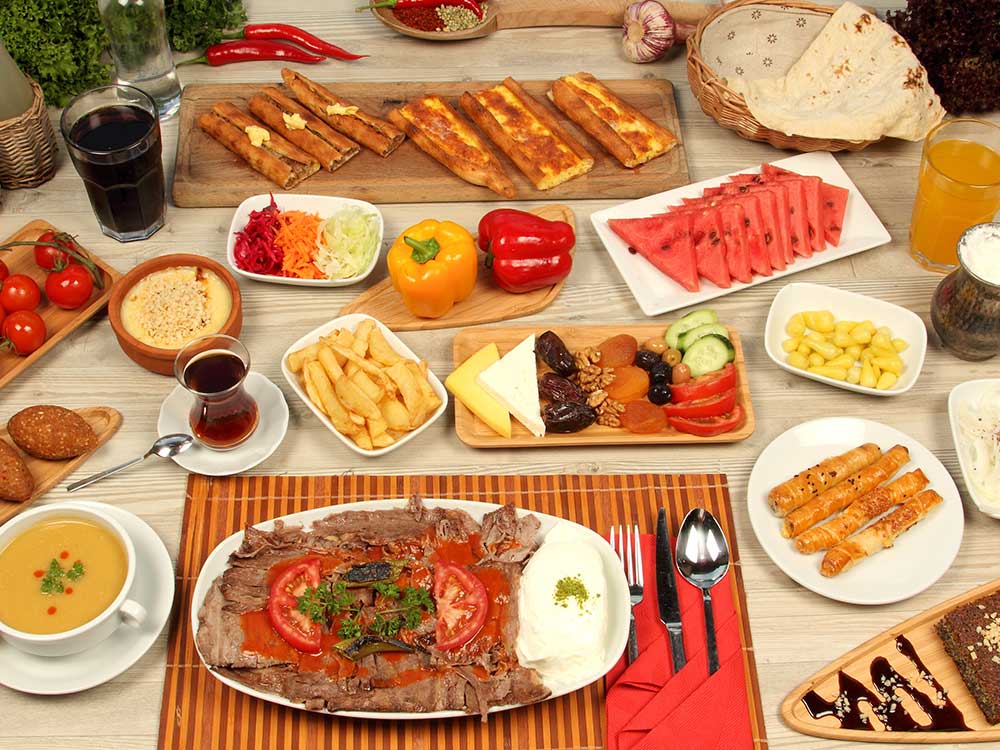We are now on the eve of the blessed month of Ramadan, the ninth month in the Islamic months, when Muslims fast from dawn until sunset, and they eat two main meals: breakfast and suhoor.
Fasting helps to learn patience, values, and morals, and it also improves human health, but only if it is performed correctly, otherwise it may increase its harm to its benefit. And because of refraining from food and drink for long periods of this month, this may lead to dehydration, but this can be avoided by eating foods prepared from fresh ingredients and in healthy ways.
Here are some helpful tips for a healthy fast without discomfort.
Table of Contents
Don’t miss a suhoor meal
Never miss a suhoor meal in any way, and make sure that the meal is inclusive of all food ingredients, in order to provide the body with the energy it needs to endure long fasting hours. Suhoor must include fresh fruits and vegetables and some meat and dairy products.
Do not overeat breakfast

Avoid eating fries and high sugar or salt content
In Ramadan, families are used to eating all the delicious and delicious Ramadan sweets that are difficult to resist. However, eating sweets immediately after breakfast leads to bloating and indigestion, and eating spicy and salty food causes thirst during the day. To avoid all of the above, you should be moderate and in control of the amounts of sweets, spicy foods and food you eat.
Drink plenty of water
Make sure to drink at least eight cups of water in the period from Iftar to Suhoor, especially if you live in an area with hot weather, to avoid dehydration. It is also advised to reduce the drinks that cause fluid loss from the body, such as coffee. Also, eat fruits and vegetables, as they are another source of fluids.
A balanced diet
In conclusion, it can be said that a balanced diet is the way to enjoy good health; always make sure – whether during Ramadan or other months to eat a simple food meal as usual, as well as eating a lot of fruits and vegetables, and avoid processed foods as much as possible, and reduce fried foods Saturated with fat as possible. And don’t forget barley, wheat, oats, sorghum, semolina, beans, lentils, brown flour, and basmati rice, which are complex carbohydrates, because they help balance the body’s energy over the long hours of fasting. Also, eat foods rich in fiber, which contain bran, whole wheat grains, seeds and potatoes with their skin, and vegetables such as green beans, and almost all fruits, including apricots, peaches and figs, where the stomach slowly digests










